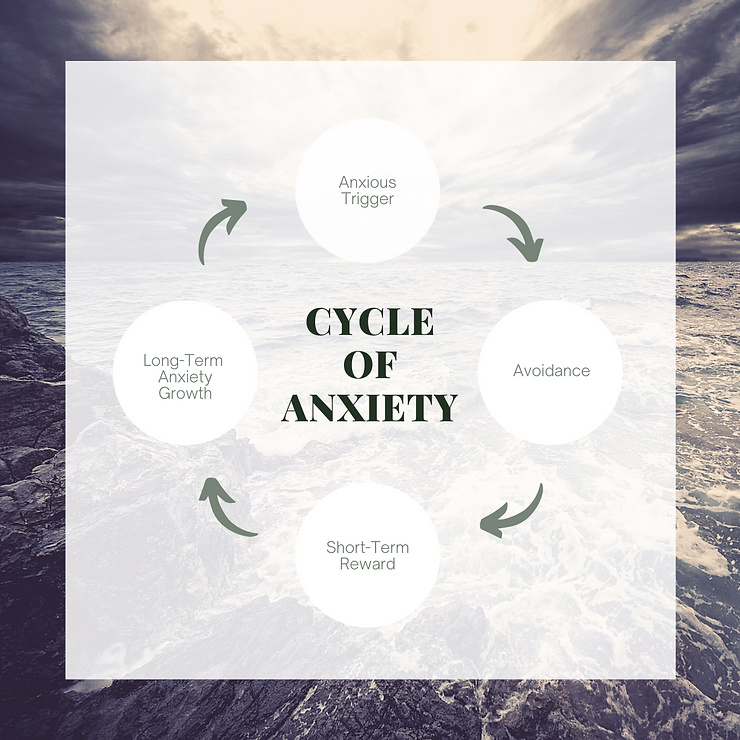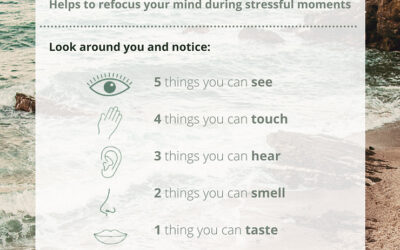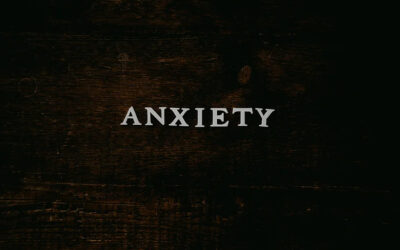One of the first steps as you begin to effectively manage your anxiety is to identify how anxiety works. A common model for understanding anxiety is the Cycle of Anxiety illustrated below:
ANXIOUS TRIGGERS
Anxiety provoking triggers are uncomfortable situations that produce anxious thoughts, emotions and physical sensations. These situations cause a sense of danger and can be an event like a life transition or a thought such as feelings of guilt or negative self talk. Triggers can be identified when you notice symptoms such as:
- Racing thoughts
- Difficulty concentrating
- Concerns of looking foolish in front of others
- Feeling tense
- Pressure on your chest or racing heart
AVOIDANCE
The symptoms of anxiety can be so overwhelming or uncomfortable that you distract yourself to avoid feeling them when an anxious trigger occurs. Common forms of avoidance are:
- Procrastination, especially during challenging tasks or poorly-defined problems/expectations
- Feeling unable to bring up your needs or communicate your challenges with others
- Mindlessly watching TV and engaging with other distractions
- Using drugs or alcohol to numb feelings
SHORT-TERM REWARD
When you avoid an anxiety-provoking situation there is a short term reward. The fears that anxiety was telling you would happen did not occur. There was no opportunity for the worst case scenario you had imagined to occur by avoiding the uncomfortable situation entirely.
LONG-TERM ANXIETY GROWTH
The reward from avoiding anxiety-provoking situations comes with a cost of increasing your anxiety in the long-term. The more you avoid an uncomfortable situation, the more that specific situations is associated with anxiety and fear. Your choice to avoid the situation teaches your brain that when the anxiety-producing situation is avoided, the symptoms go away. As a result, the symptoms of anxiety will be worse and the next time avoidance will be more likely. This repetitive cycle keeps you stuck in anxiety, and can even create phobias.
This is how anxiety can make you feel helpless. How small situations that have been avoided over time can make you feel powerless and isolated.
Can you identify your own cycle of anxiety? If so, how do you typically avoid your anxious feelings? Identifying how your own experiences fit into the cycle is one of the first steps at breaking free from this cycle.
Interested in learning more about counseling treatment for anxiety? Schedule an appointment today.



